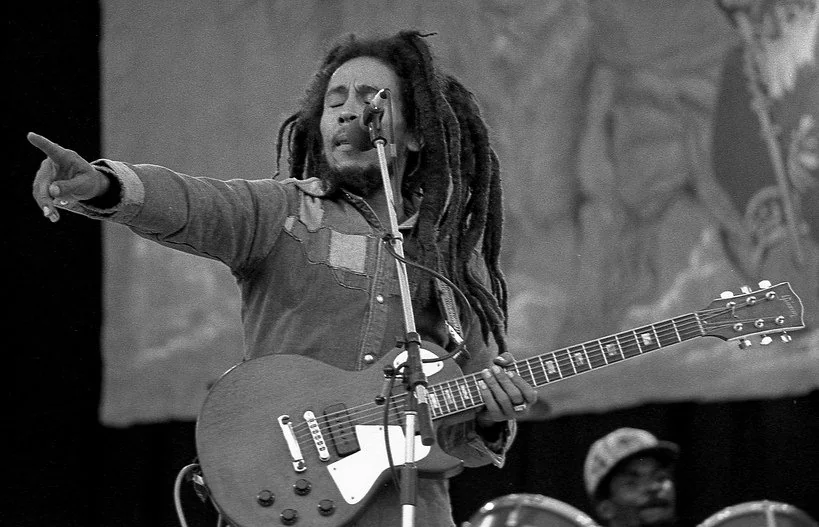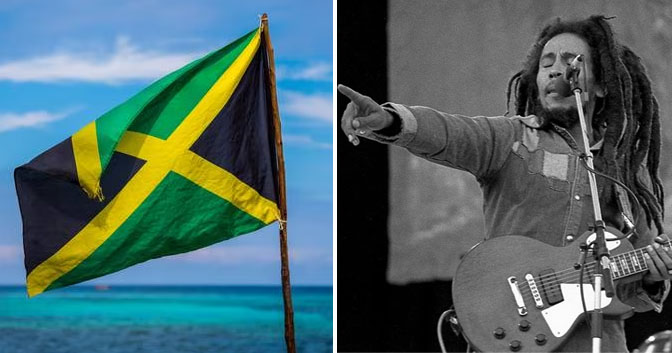Musical Heritage is important for our culture. Music is a universal language that transcends borders and cultures, enriching our lives with its melodies and rhythms. Throughout history, certain countries have stood out as epicenters of musical creativity, leaving an indelible mark on the world’s musical tapestry. In this article, we’ll explore the top five countries that are famous for their contributions to the world of music.
-
United States:
The United States is undeniably a powerhouse in the music industry, known for its diverse musical landscape that spans various genres. Jazz, blues, rock ‘n’ roll, hip-hop, and country are just a few of the many genres that have their roots firmly planted in American soil. Cities like New Orleans, Chicago, and Nashville have been crucibles of musical innovation.
The birth of jazz in New Orleans in the early 20th century revolutionized music, with legendary figures like Louis Armstrong and Duke Ellington leading the way. The blues found its home in the Mississippi Delta, while rock ‘n’ roll emerged from the fusion of rhythm and blues, gospel, and country music. In the late 20th century, hip-hop exploded onto the scene, becoming a cultural phenomenon that continues to influence music worldwide.
-
United Kingdom:
The United Kingdom has made an indelible mark on the global music scene, with a rich history spanning classical, rock, pop, and electronic genres. The Beatles, The Rolling Stones, Queen, and Led Zeppelin are just a few of the iconic rock bands that originated from the UK. The British Invasion of the 1960s reshaped the international music landscape and brought British rock to the forefront.
In addition to rock, the UK has been a hub for electronic music, with genres like punk, new wave, and rave culture gaining worldwide popularity. London’s influence on electronic dance music is particularly notable, with artists like The Prodigy, The Chemical Brothers, and Massive Attack leaving their mark.
-
Brazil:
Brazil is synonymous with rhythm and melody, thanks to its rich tradition of samba, bossa nova, and tropicalia. Samba, with its infectious beats and vibrant energy, is the heartbeat of Brazilian music. Bossa nova, with its smooth, laid-back style, captured the world’s imagination in the 1960s through artists like João Gilberto and Antonio Carlos Jobim.
Brazil’s music is deeply intertwined with its cultural diversity and vibrant street culture, making it a constant source of inspiration for musicians worldwide. The country’s Carnival celebrations showcase the exuberance of Brazilian music, attracting visitors from all corners of the globe.
-
India:
India’s musical heritage is as diverse as the nation itself, encompassing classical, folk, and contemporary genres. Classical music in India is divided into two main traditions: Hindustani (North Indian) and Carnatic (South Indian). These classical forms are known for their intricate rhythms, melodic improvisation, and spiritual depth.
Bollywood, India’s thriving film industry, has also played a significant role in spreading Indian music worldwide. Indian music’s fusion with Western genres has given rise to genres like “Bhangra” and “Indipop,” making Indian music a global phenomenon.

-
Jamaica:
Jamaica’s contribution to the music world is out of proportion to its small size. The island nation is the birthplace of reggae, ska, and dancehall, genres that have left an indelible mark on global music. Reggae, with its socially conscious lyrics and laid-back grooves, found its prophet in Bob Marley, who remains an iconic figure worldwide.
Ska, with its upbeat rhythms, laid the foundation for reggae and later influenced genres like punk and ska-punk. Dancehall, with its fast-paced beats and toasting style, has also garnered international recognition through artists like Sean Paul and Shaggy.
Music is a powerful force that has the ability to transcend boundaries and bring people together. These five countries have not only enriched their own cultures but have also made lasting contributions to the global musical heritage. From the jazz clubs of New Orleans to the reggae vibes of Jamaica, the world is a better place because of the music created in these nations. These countries serve as a testament to the unifying power of music and its ability to connect people across the globe.

